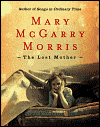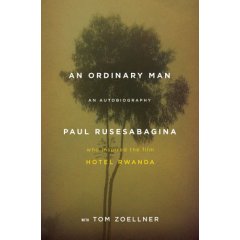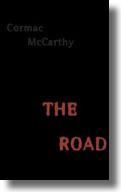 In The Lost Mother, life in rural Vermont during the Great Depression is challenging in too many ways for Thomas (age 12) and Margaret (age 8). After their mother abandons them, they are forced to live in a tent with their father, Henry, when the bank forecloses on their home. Henry, an itinerant butcher, must often leave them alone as tries to provide for his family. His feelings of loss over his wife and his struggle to make ends meet leave him short-tempered with his children. Besides the stress of living so impoverished, they are surrounded by some very dysfunctional adults and stumble from one misfortunate circumstance to another. They have the fortune of having one person in their life they can count on to be empathic and their hope, though stretched thin, is never lost. Morris provides rich detail in this Great Depression story and reminds us how resiliency carries many people through traumatic times.
In The Lost Mother, life in rural Vermont during the Great Depression is challenging in too many ways for Thomas (age 12) and Margaret (age 8). After their mother abandons them, they are forced to live in a tent with their father, Henry, when the bank forecloses on their home. Henry, an itinerant butcher, must often leave them alone as tries to provide for his family. His feelings of loss over his wife and his struggle to make ends meet leave him short-tempered with his children. Besides the stress of living so impoverished, they are surrounded by some very dysfunctional adults and stumble from one misfortunate circumstance to another. They have the fortune of having one person in their life they can count on to be empathic and their hope, though stretched thin, is never lost. Morris provides rich detail in this Great Depression story and reminds us how resiliency carries many people through traumatic times.NRH





